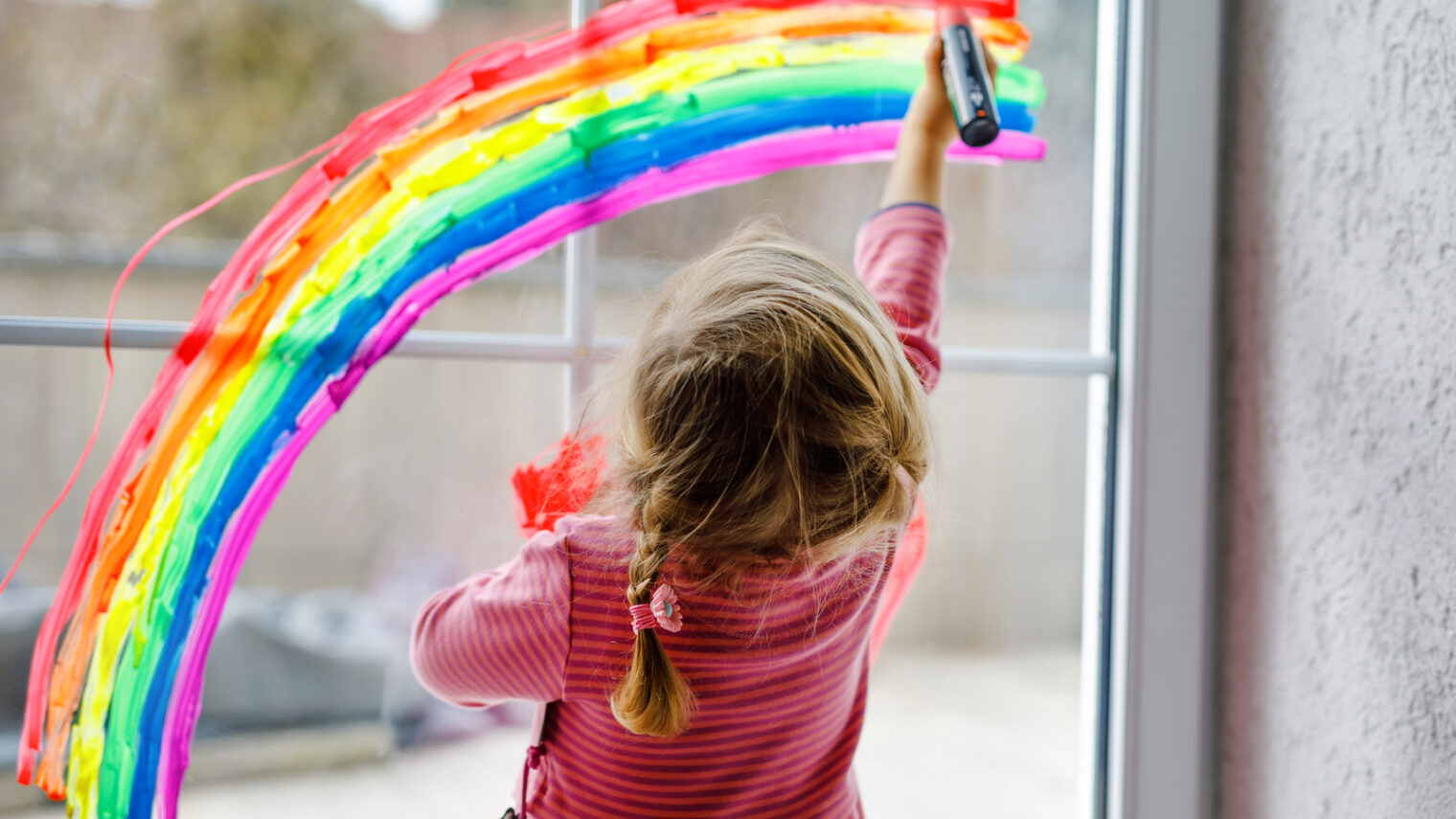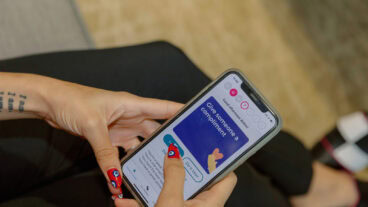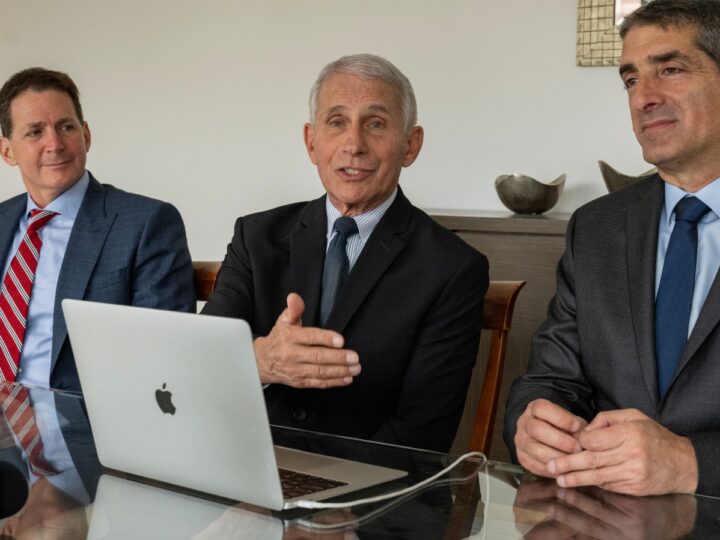Now that 2020 is finally drawing to a close, it’s time to look back and reflect on the global pandemic that has turned our world upside down.
We spoke to over a dozen Israelis from a plethora of fields about what they learned this difficult and challenging year, and somewhat surprisingly what we heard were inspiring messages of hope and determination.
So here’s to wishing us all a happy new year, full of joy, infinite health and the ability to take forward with us all the lessons we’ve learned.
- Avihai Tsabari, tour guide
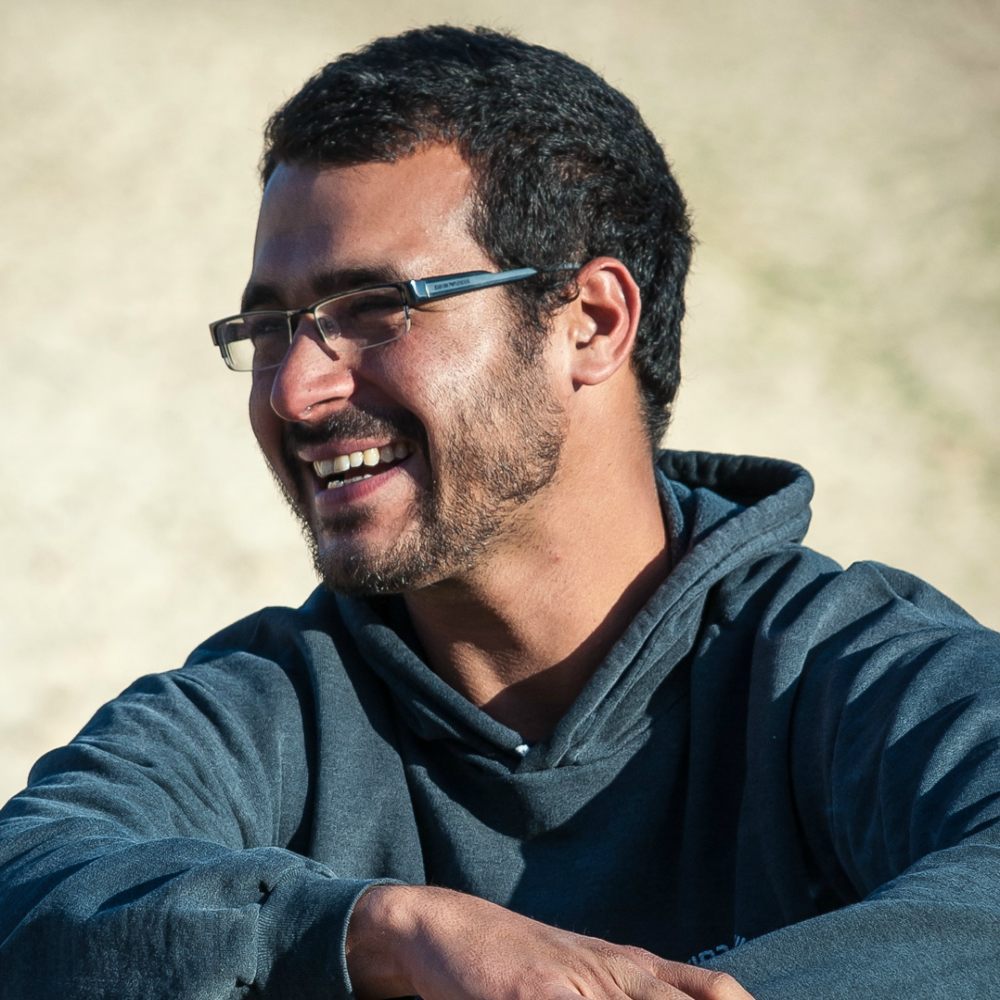
“The music for us stopped around March 15,” says Avihai Tsabari, founder and CEO of Via Sabra tours. Tourism was the first industry to be badly hit by Covid-19.
“I felt that there were two choices. You either have a complete meltdown, breakdown, lose it completely –or you look up and think about how we’re becoming better out of all of this,” he notes.
“We started reinventing ourselves. We learned many things and decided to change many things,” he says.
“More than anything, the idea of giving people a lot more value for their money is the main thing that is coming out of this pandemic. It’s clear that there’s going to be less travelers, it’s clear that there’s going to be less agents,” Tsabari says.
“This year just taught me how to overcome anything. I wake up every day saying to myself, ‘This day you’re going to choose doing and not mourning.’”
- Laura Ben-David, photographer
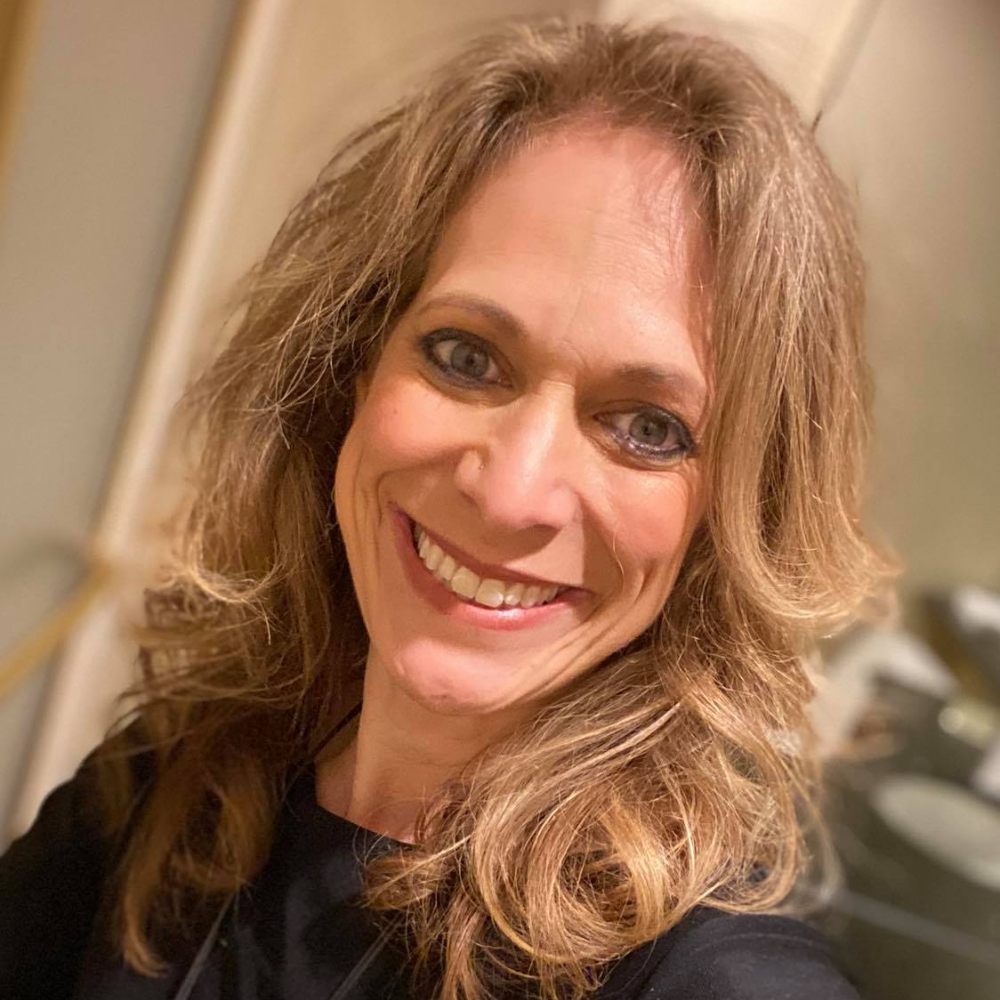
As a photographer, Laura Ben-David found herself less busy than usual this year.
But instead of sitting around, she decided that pandemic season presented the perfect opportunity to get past her fears by mastering how to ride a unicycle.
“I didn’t really think I could learn the unicycle,” she says.“It was literally something to do. It was exercise, there was no social involvement, not near people, so it kind of fit in this crazy year. It took a lot of work and a lot of practice and time,” she adds.
“It was really a much bigger lesson than the unicycle. It was something very deep for me. It was a big, big leap for me to be able to literally let go — let go of the wall, let go of my fear of falling and my fear of failing.”
- Efraim Jaul, geriatrician
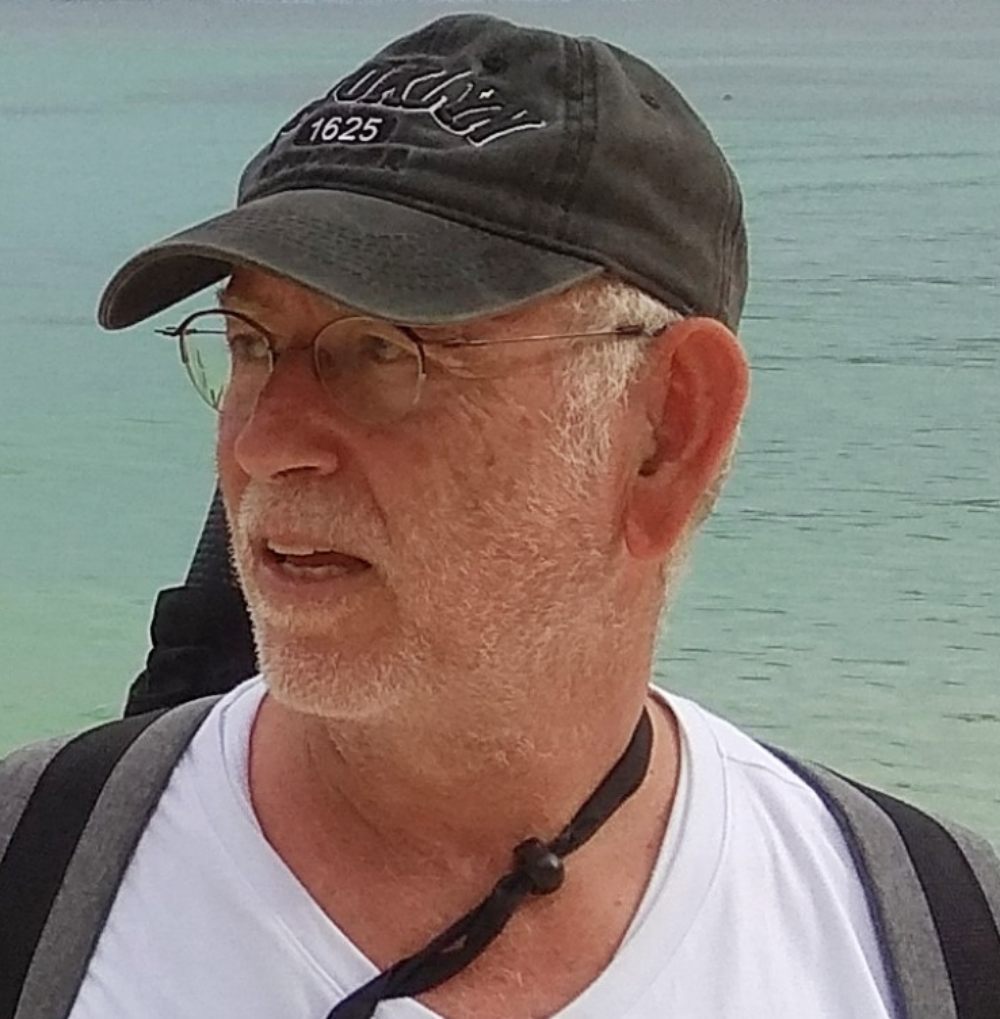
As the director of geriatrics at Herzog Medical Center in Jerusalem, Prof. Efraim Jaul has a pretty good idea of how Covid-19 has deeply affected the lives of the elderly.
“There’s no doubt that this is a traumatic, unsettling event, there’s an uncertainty that’s a very critical component,” Jaul says. “I have no doubt that it’s creating difficult reactions.”
And yet, Jaul is intent on finding positive aspects to this pandemic and accordingly making changes to our daily lives. These, he says, can include rediscovering hobbies such as cooking and reading, taking a break from endlessly helping out children and grandchildren and utilizing new technologies – he himself discovered podcasts this year.
Jaul also believes that elderly people are uniquely positioned to gain a healthy perspective on the current crisis.
“Why is this panic over coronavirus coming from an elderly person? After all, you remember world wars, you remember the Holocaust suffered by the Jewish people, you remember adversity,” he says. “The ups and downs of life are a part of us, especially in old age,” he says.
“Life isn’t easy; it’s complicated, also without the coronavirus. Covid has added another difficulty. It’s challenging you, so make the change and challenge yourself even in your old age.”
- Yehudit Isaacs, nurse
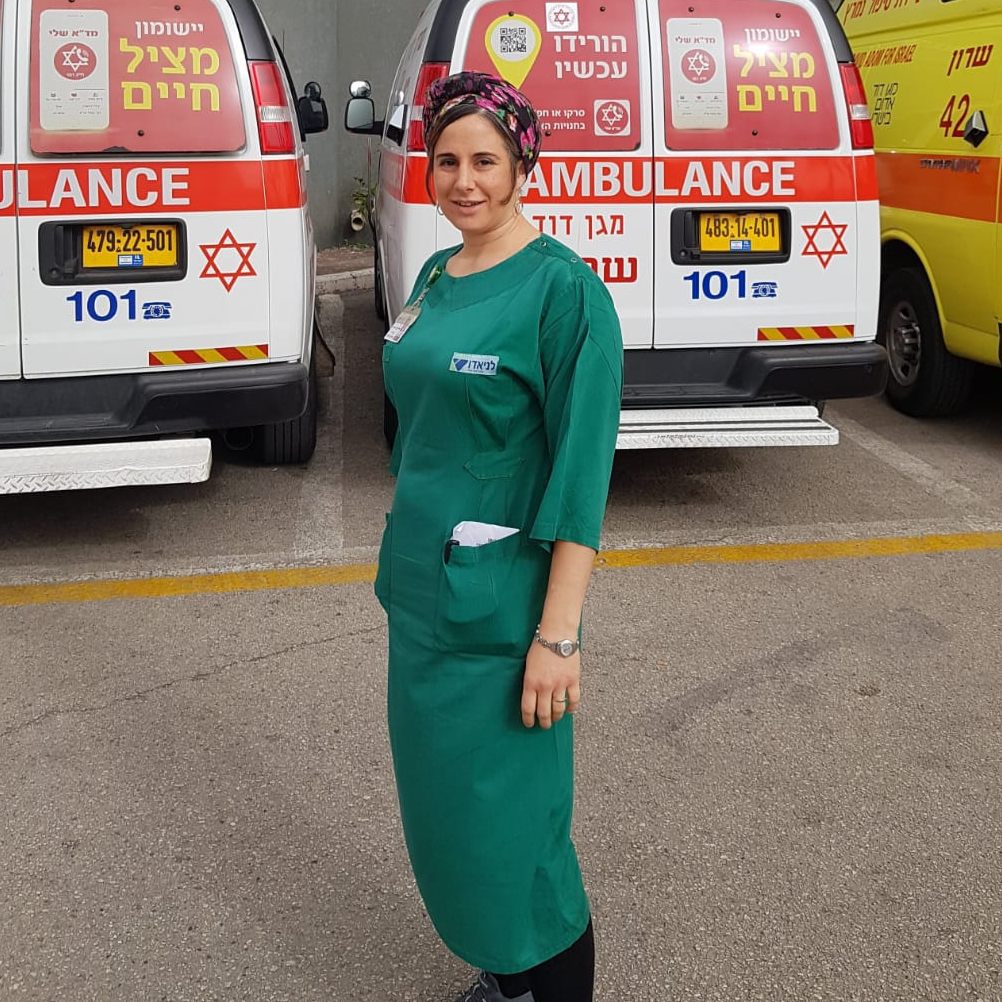
Yehudit Isaacs is the supervising nurse of the emergency department at Laniado Hospital in Netanya, which serves about half a million people in central Israel. She, her husband and four of her children were among the earliest to have contracted Covid in the country.
“I think that beyond being an illness that damages lungs and creates problems there, corona is first of all a disease of loneliness,” she says.
This loneliness, she says, is multifaceted and affects wide-ranging populations, whether elderly people, people stuck in quarantine at home, patients in corona wards or children unable to go to school.
“The thing that I learned during this time is the importance of touch, the support up close for which there’s no substitute. The human touch can’t be replaced with technological measures, advanced as they may be,” she says.
“This conclusion about how important touch is, it brought us back to our families and to the right proportions about what’s important in life,” she adds.
To her, even lockdown had a positive message.
“There’s something very moral and incredible about a whole population taking fateful decisions to protect the elderly,” she says.
“We’ve proved in a big way that we care about and respect elderly people and that we’re protecting them. To me, that’s very, very important education.”
- Yossi Leshem, ornithologist
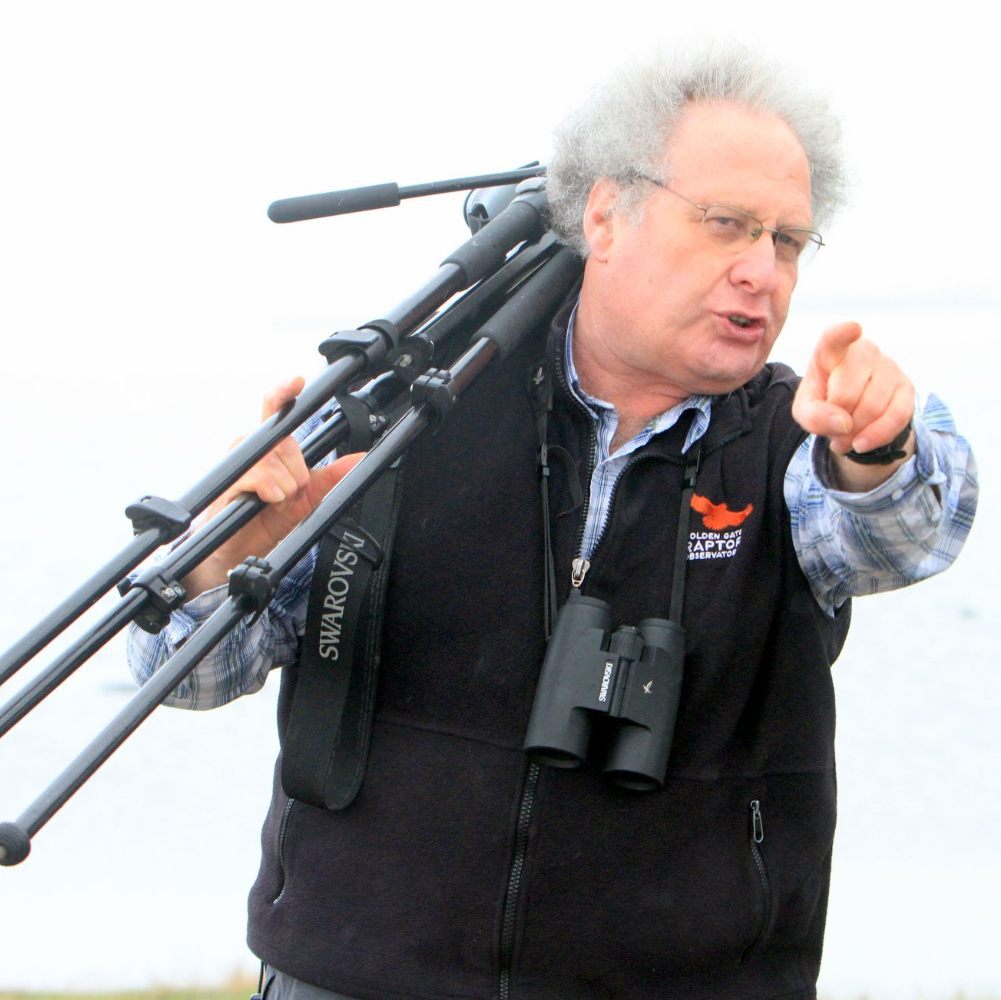
“Despite corona and it being a big mess from every aspect, we tried to carry on with life in accordance with restrictions,” says Prof. Yossi Leshem from Tel Aviv University and the Society for the Protection of Nature in Israel.
New technologies were employed to host events, conducting small-scale tours and sharing its work online with a growing audience. One endeavor that was shared online and went viral, for example, was the feeding of a vulture chick by a “mama drone” that warmed the pandemic-stricken hearts of many thousands around the world.
“In these kinds of situations what you need to do is find the positive in everything and try to move forward with that,” Leshem says.
“As far as animals go, because people have been out less in nature and nature reserves, their options for moving around freely were much better,” he says. “Animals only profited from this; they had much more time to roam around and look for food.”
Animals, he adds, can give us perspective on this time of crisis and demonstrate that it’s not the end of the world as we know it. “Overall, this bird migration that I’m an expert on, is continuing. The corona didn’t change a thing for them.”
- Hassan Elziadna, software engineer and entrepreneur
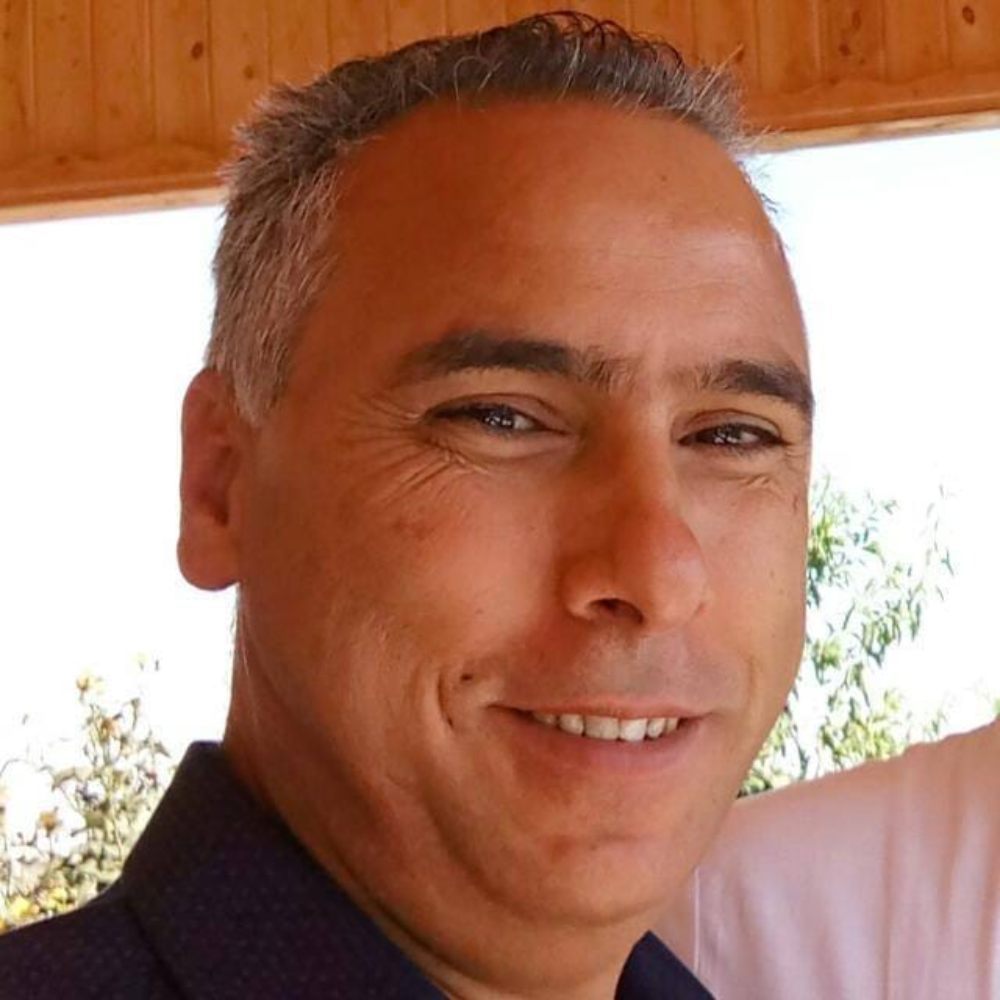
For Hassan Elziadna, a software engineer and entrepreneur, Covid highlighted the need for innovative and technological learning platforms.
The first-place winners of this year’s Startup Negev accelerator competition, Elziadna, his son, and a couple living nearby developed a learning platform for young children with learning disabilities to help them with their schoolwork. Despite Covid putting a halt to some of their plans, Elziadna – who consults for the projecton top of his job at a tech company – is convinced that there are opportunities in this strange time period.
“Covid did destroy some business and did a lot of damage, but it also opened up possibilities to think of solutions. That came with this new state in which people are shut in at home or their mobility is limited,” he says. “As is always the case, in difficult times and new situations there are both challenges and there are opportunities.”
What became clear to Elziadna this year is that it is possible, and even desirable, to work from home.
“It highlighted and forcefully demonstrated – since there was no other choice – that working from home, in high tech for example, can bring about a change for the better in utility, productivity and also in terms of costs.”
- Moti Schwartz, CEO of Mishkenot Shaananim
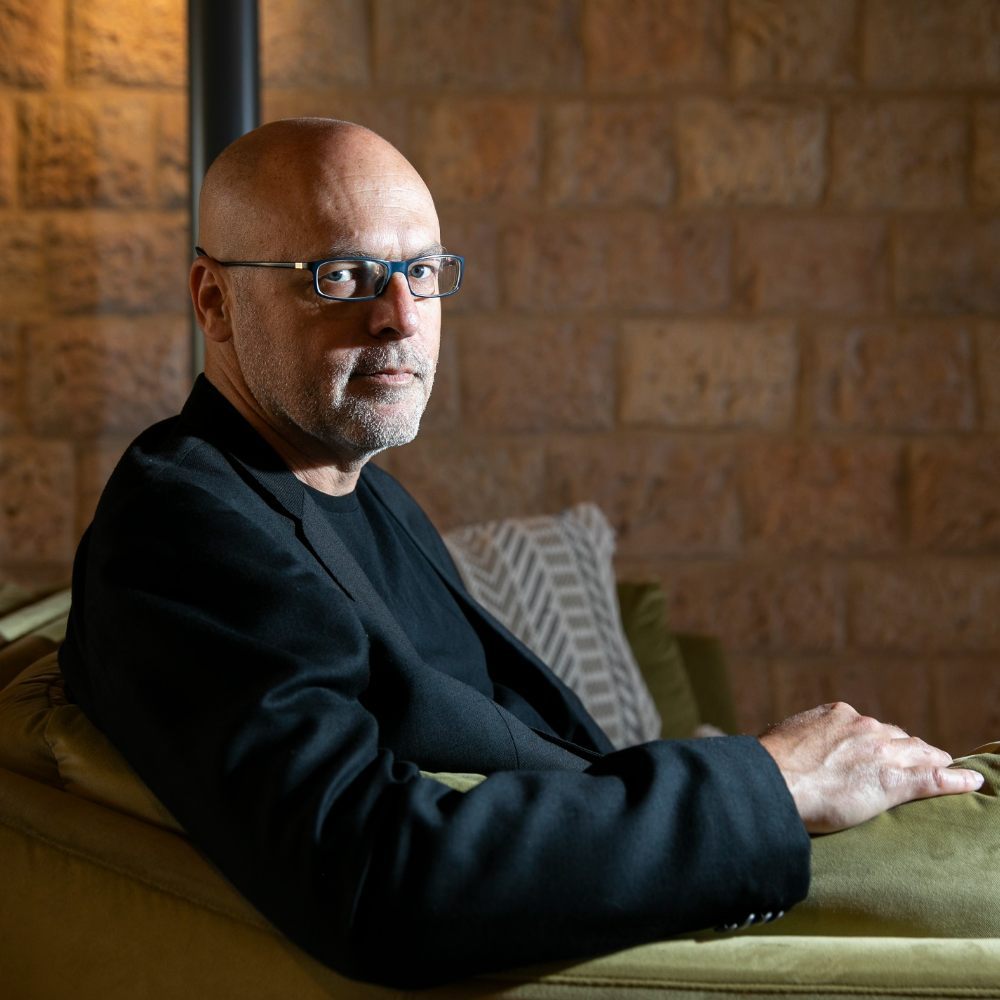
As the CEO of the Mishkenot Shaananim cultural center in Jerusalem and director of its annual international writers festival, Moti Schwartz spent the past year learning about moving cultural activities online.
“We were among the first to recognize that this thing is here to stay and isn’t simply coming and going, and we were among the first to do something about it,” he says, recounting the swift digital turnaround that the festival underwent back in May.
“The thing is to understand that this activity isn’t something we’re doing only because we have to because of the coronavirus,” he explains.
“Of course we want this to be over, and we very much want to work with a live audience, but we’ve seen the advantages online culture has,” he says. “This way we reach audiences in Europe, in the United States, in Tel Aviv and elsewhere. It changes the picture, and we get much wider exposure.
“On a personal level, I’m happy that we can carry on and create culture, and yet you still want it to be the same again,” he says.
- Shirel Berger, chef
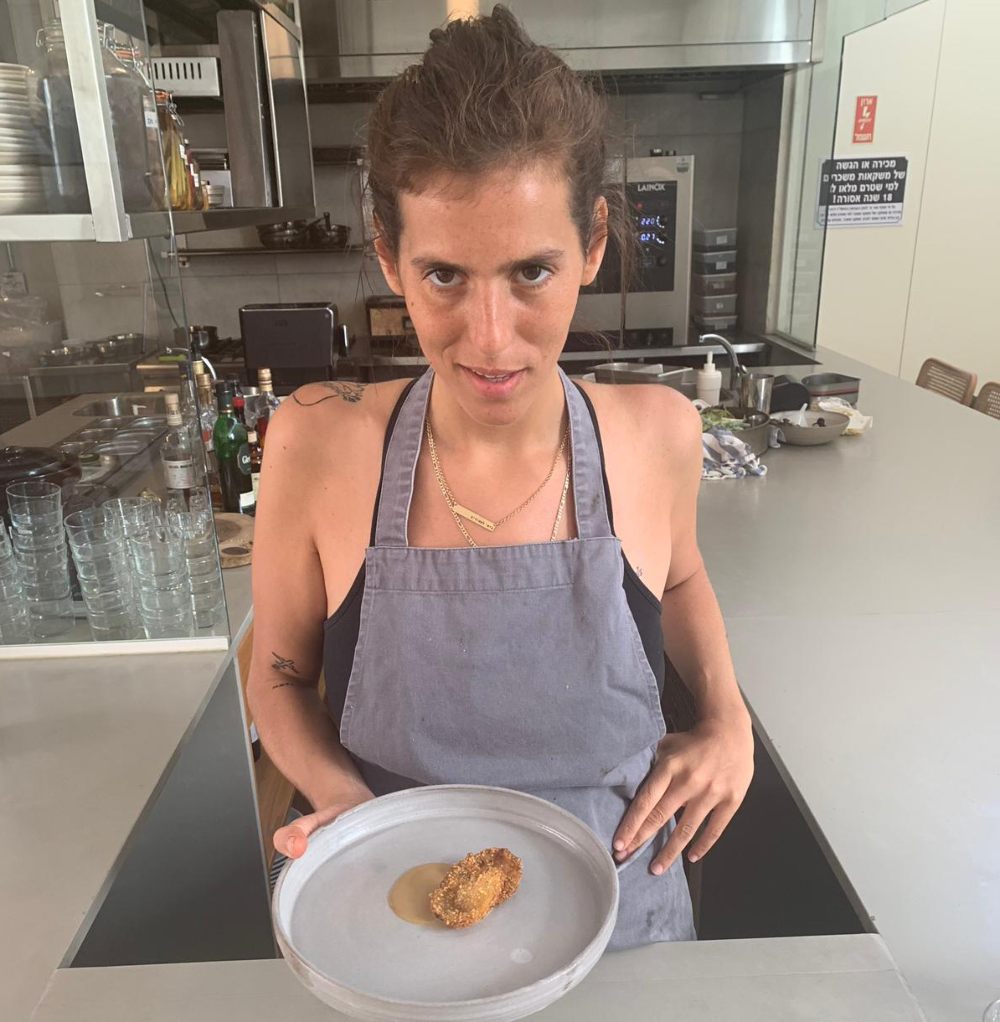
When work at chef Shirel Berger’s celebrated vegan fine dining restaurant Opa came to a halt during the pandemic, it left her with time to think and with new lessons learned.
“I’m an ambitious woman and it’s very important for me to succeed, but the question is whether we stop every day to ask ourselves if we’re enjoying the journey,” she says.
“One of the strongest things was of course the issue of our life beforehand, on this ride,” she says. “We exploited our bodies and the planet in a way that doesn’t make sense, and this halt is justified.
“For me as a restauranteur, it’s about going truly local,” she says. “It’s about really being much closer to understanding how our food’s journey to our plates is substantial for the world and for the people who make it.”
This also holds true, she says, for our pandemic-era takeaway habits.
“We’re creating unreasonable amounts of trash,” she says. “At the end of the day, we’re not separate from this planet. It’s important to realize that we’re a part of something larger.”
- David “Dush” Barashi, medical clown
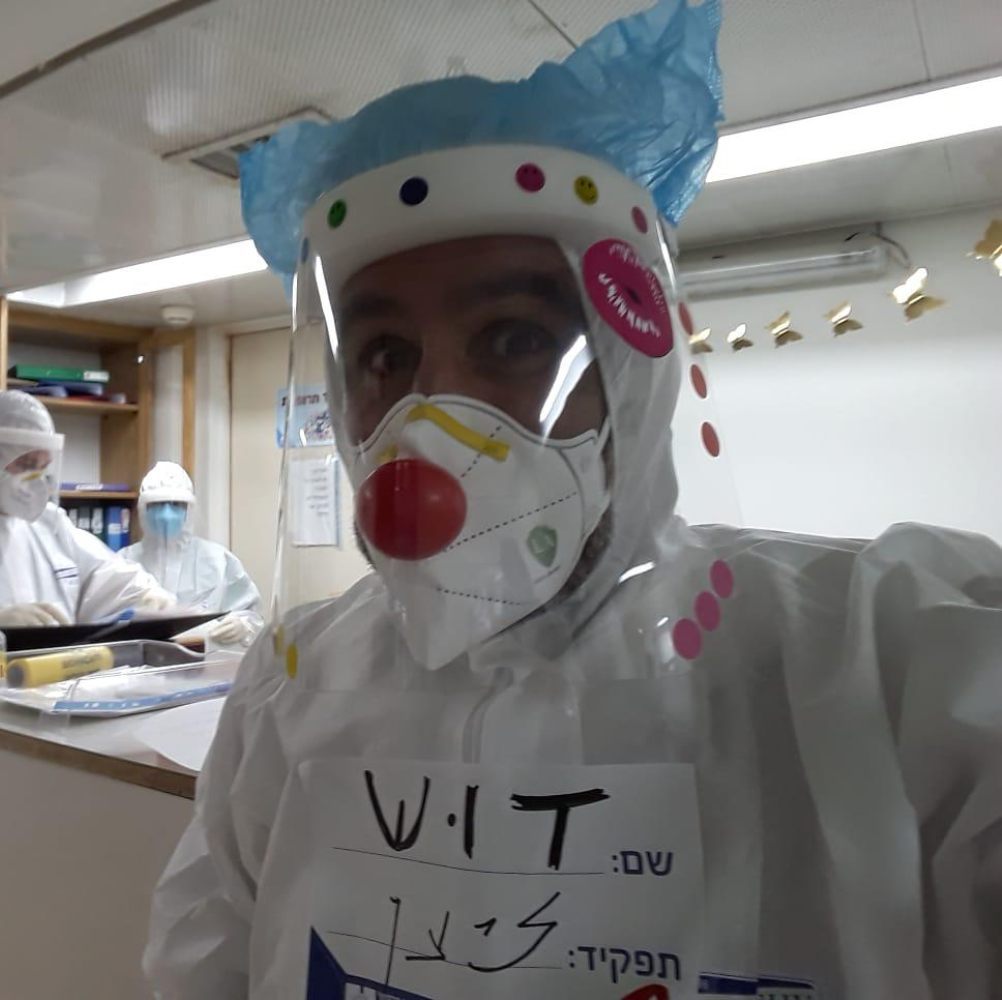
David “Dush” Barashi was the first medical clown in the world to enter a corona ward – complete with the red nose, the jumpsuit and all the protective gear. The experience was similar to those he’s had in international disaster areas.
“You understand something very clearly. In this kind of chaotic situation, the things that should motivate you are positive dynamics, solidarity and giving unconditionally and without limits. Once you’re in that state of mind everything starts to look much better,” he says.
“I’m not the type of person who sits aside in crucial moments or fateful situations. I can’t sit aside and watch,” he explains. “I’m not giving up in the face of this pandemic. I see the pandemic as grounds for renewal and creativity.”
Barashi accompanied corona patients who were cut off from their families, helped them communicate with the outside world and brought them happiness and laughter in their time of need.
“In any kind of situation, you can change your perspective on reality and then reality will change.”
- Yaron Daniely, investor
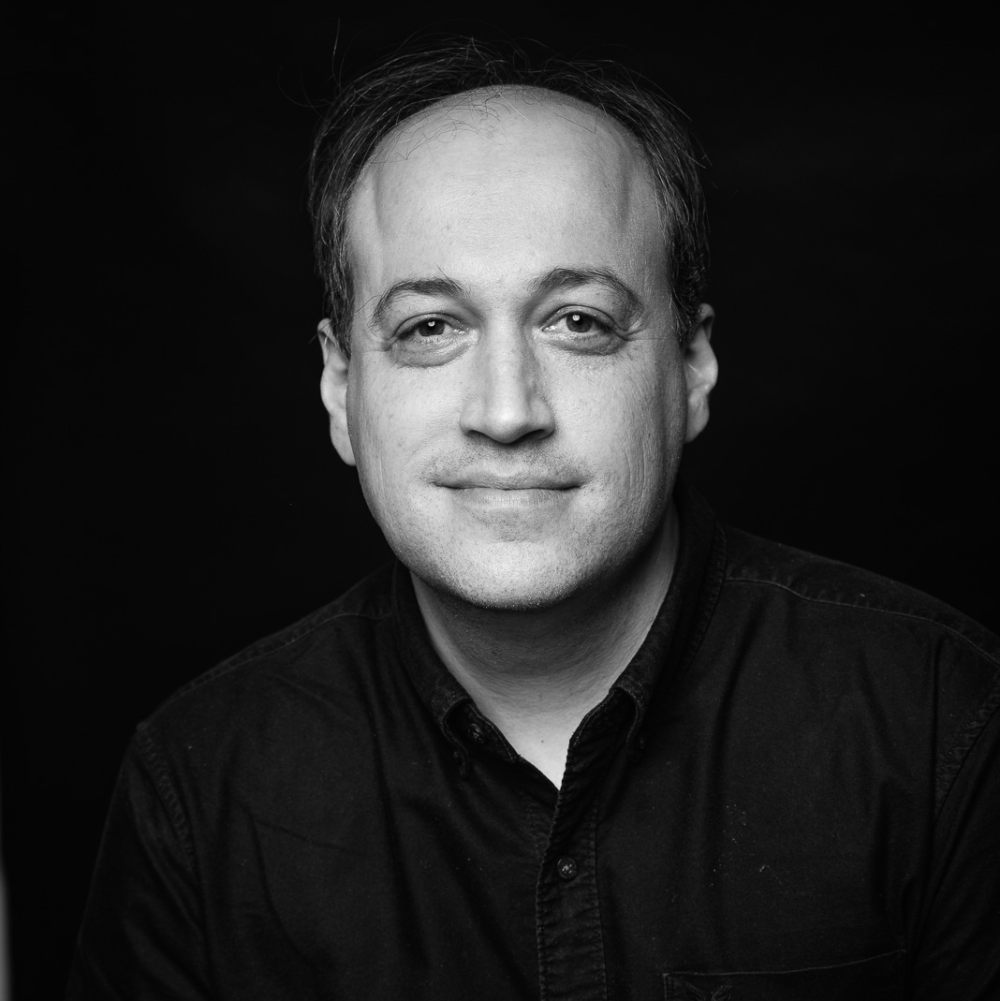
Yaron Daniely, who heads the aMoon Alpha health venture capital fund, has three major conclusions from this past year.
First, that the pandemic didn’t slow down investment. Second, investments became much more open and global during the pandemic, with investors and companies looking beyond their immediate environment into a larger virtual network. Third, that the once-specialized field of health technology has moved into the public domain.
“Now everyone understands health,” he says. “We’re seeing a kind of openness from both investors and entrepreneurs to entering the world of health. That’s an important thing.”
On a personal level, Covid has given him respite from a busy lifestyle.
“For the past 15 years I’ve been living on planes,” he notes. “I’m now nearing a year without traveling abroad and I think that that’s a special thing, because it allows you both to get to know your natural surroundings a little better and to find places of peace, joy and leisure in your natural, local environment, which is wonderful.
“The time that was spent on planes and adjustments to time zones and this craziness of flying out for a meeting or two – important as they may be – it’s suddenly made time for many other things that if you’re not careful will fill up with work, but if you’re a little more careful can be filled with social and public action, which I’m trying to do more of.”
- Hana Ftaya, orchestra co-founder
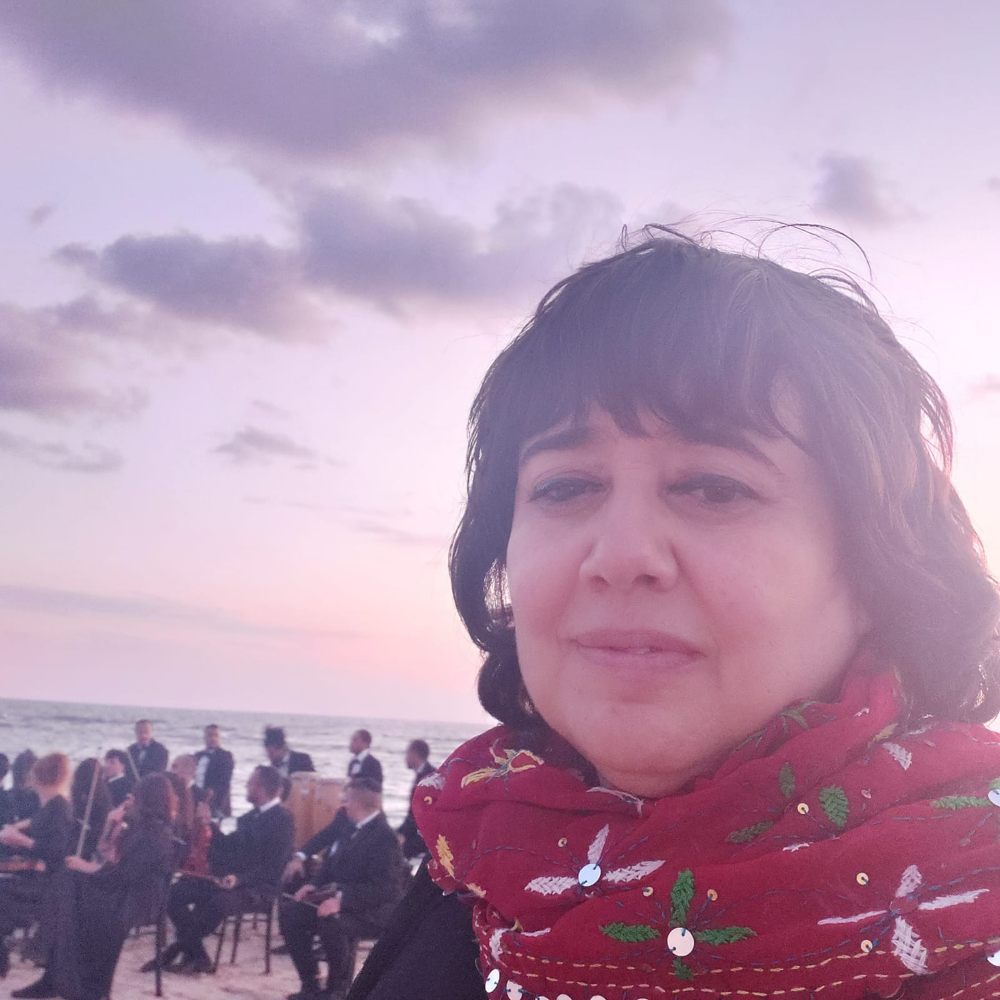
The Israeli Firqat Alnoor Orchestra recently made headlines for celebrating the Abraham Accords by performing the Emirati song “Ahebak” (“I Love You”).
Its success, says orchestra co-founder and manager Hana Ftaya, has to do with the deep breath that the group took during the pandemic.
“First of all, it was important for us as an orchestra to make every effort that our musicians won’t stay at home,” she says. “That’s something that really, really bothered me during the first lockdown.”
Once restrictions eased, the musicians were back at work – but instead of performing in front of live audiences as usual, they went into the studio to record classics from the Arab world, something that they previously never had time for.
“Thanks to this, we started thinking in other directions,” she says. “I feel that we’ve only progressed.”
The orchestra is now working on another video clip to celebrate the peace between Israel and Bahrain.
“I think that corona taught us all a lesson,” Ftaya says. “We all stopped, and not for a moment but for a long time. We stopped to reflect.”
- Ashager Araro, social activist
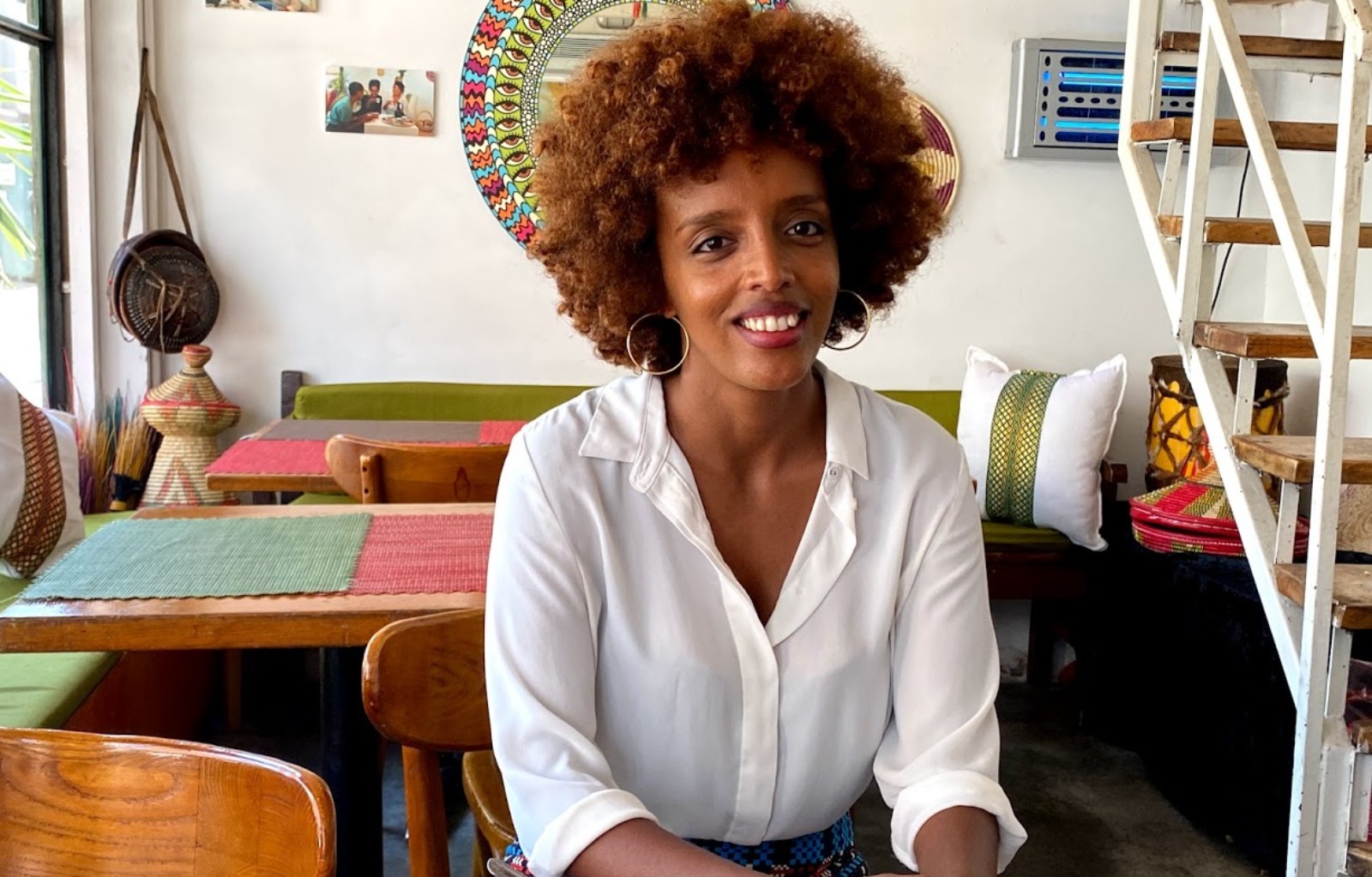
Battae, an Ethiopian Israeli heritage center that focuses on the culture and history of Ethiopian Jewry, opened in Tel Aviv only a few months before the pandemic struck.
“The year started out amazing,” says founder Ashager Araro, recounting the dozens of people who came in every day to learn about Ethiopian Jewry through art, dance, music and food.
“Corona put an end to all this and we had to move over to a digital edition of all our programs,” she says. “It really was a serious challenge but to our delight we did, in fact, manage.”
During the pandemic, the center reached out to people and fundraised for its activities. Araro says creating these types of alliances was one of the things that she took with her from this time.
“It’s really heartwarming, this knowledge that it’s not only your dream and your work but something that other people very much believe in,” she says.
“I think that the main insight is that in the end, with all the difficulties involved, you need to find a way to convey the education product that you want to pass on. There’s always a way, no matter how dark and difficult it seems,” she says. “As exhausting, tiring and sometimes disappointing as it is, the goal is more important.”
- Renny Grinshpan, comedian
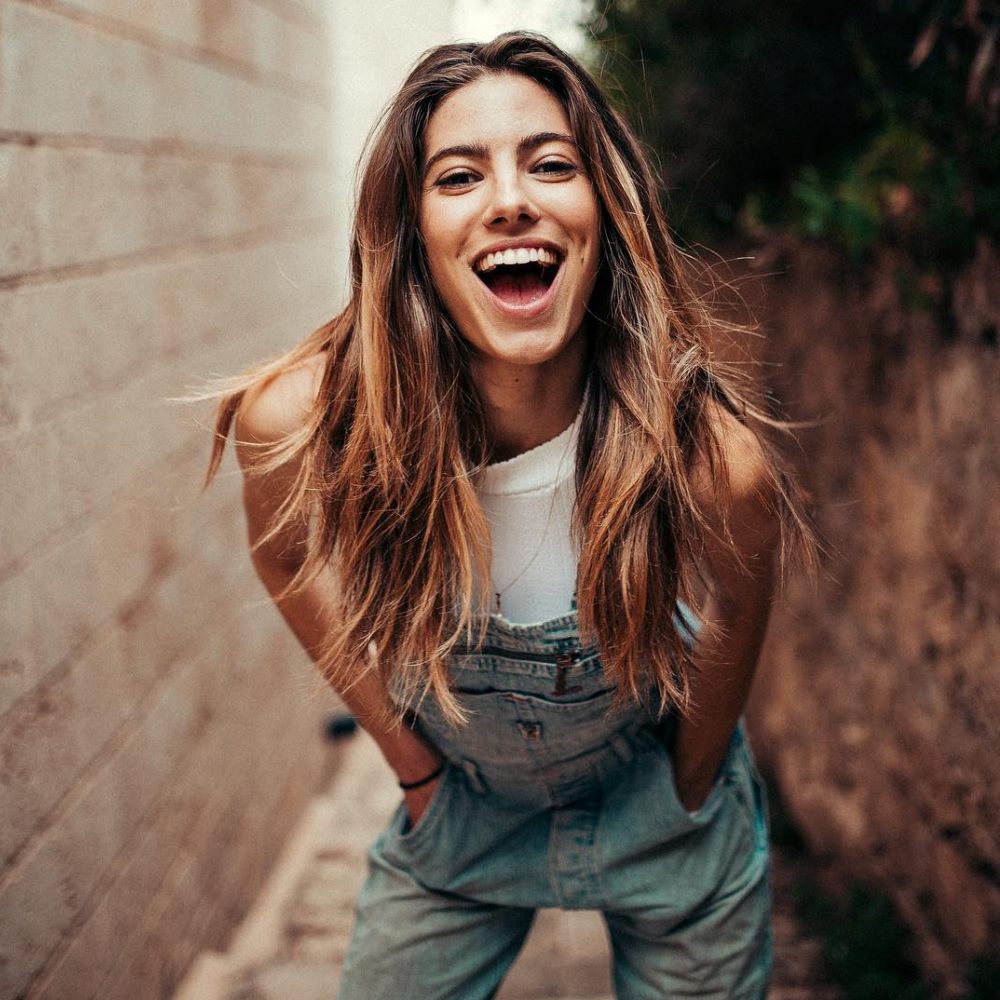
“Professionally, I was very fortunate this year,” says comedic host and video creator Renny Grinshpan. “Obviously, there were no live opportunities or live hosting gigs. The fact that I’ve been offstage this year is really bizarre.”
On a personal level, Grinshpan is part of another pandemic trend.
“I joined the corona baby boom,” she jokes. “It’s the perfect time to get into pregnancy. There’s nothing going on and you’re not going to experience social FOMO. Corona set a nice stage for feeling pregnant and tired and not wanting to do anything,” she adds.
“Like every year, I think the conclusion is to appreciate what we have, always,” she notes.
“I think it’s good to recognize the relationships that we have, especially the close relationships because those are the people we’re able to see. I’ve been especially grateful for my husband this year, because it’s been just me and him.”
- Eliora Weiss, high school student
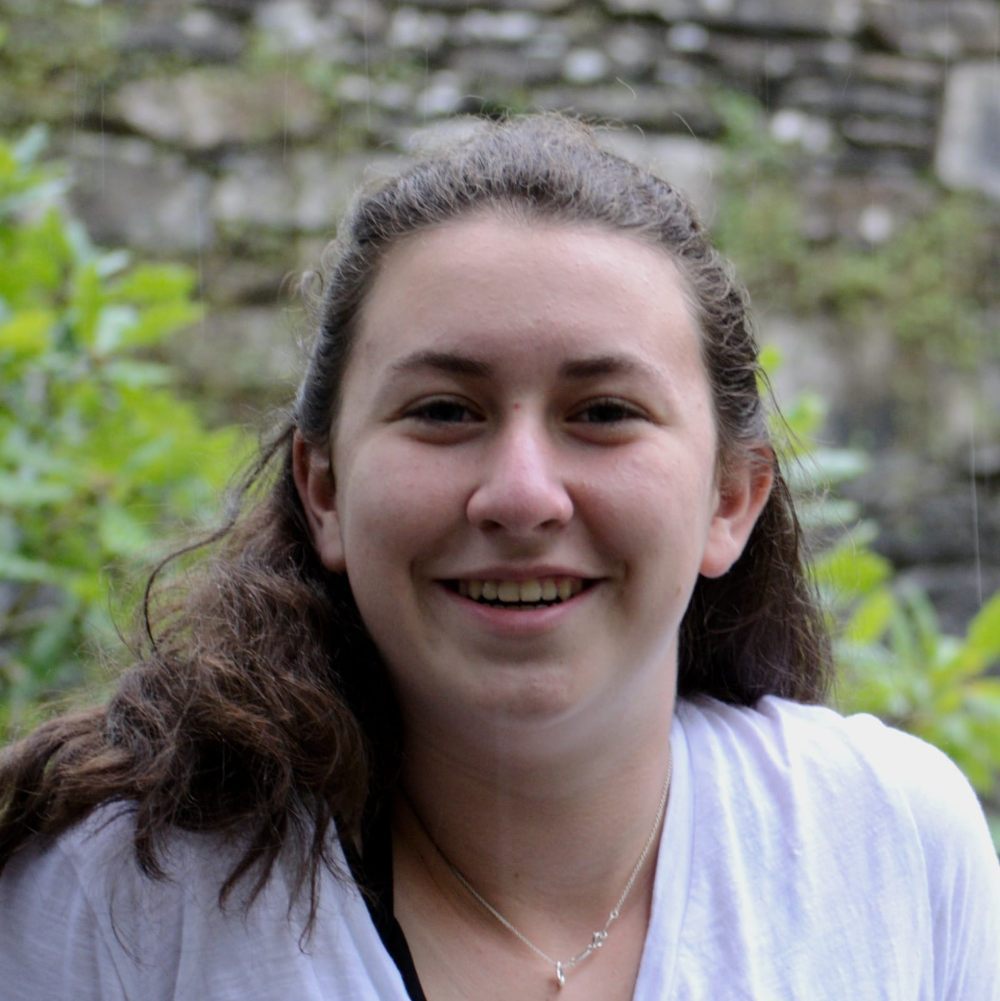
“I had an extremely interesting past few months with corona,” says 17-year-old high school student Eliora Weiss. “I actually found it be quite helpful personally.”
This is because Covid regulations have confined lessons for Weiss’ age group to the online sphere for many months. In the classroom setting, Weiss finds it challenging to divide her attention between listening to teachers and taking notes. Classes on Zoom enable her to fully concentrate on the teacher.
“It’s allowed me to record lessons and focus on listening,” she explains. “It was able to give me a backup plan and not leave me super stressed about doing everything simultaneously.”
Outside of school hours, Weiss managed to maintain her social life by meeting friends for classes in the park, handing out food parcels with her youth group and even running four times a week with a group of friends, all according to regulations. She also volunteered at farms.
“I’d say corona has given me a break to find out new things that I’m interested in and try new things that I hadn’t had time for, so I really learned a lot about myself and my peers.”




